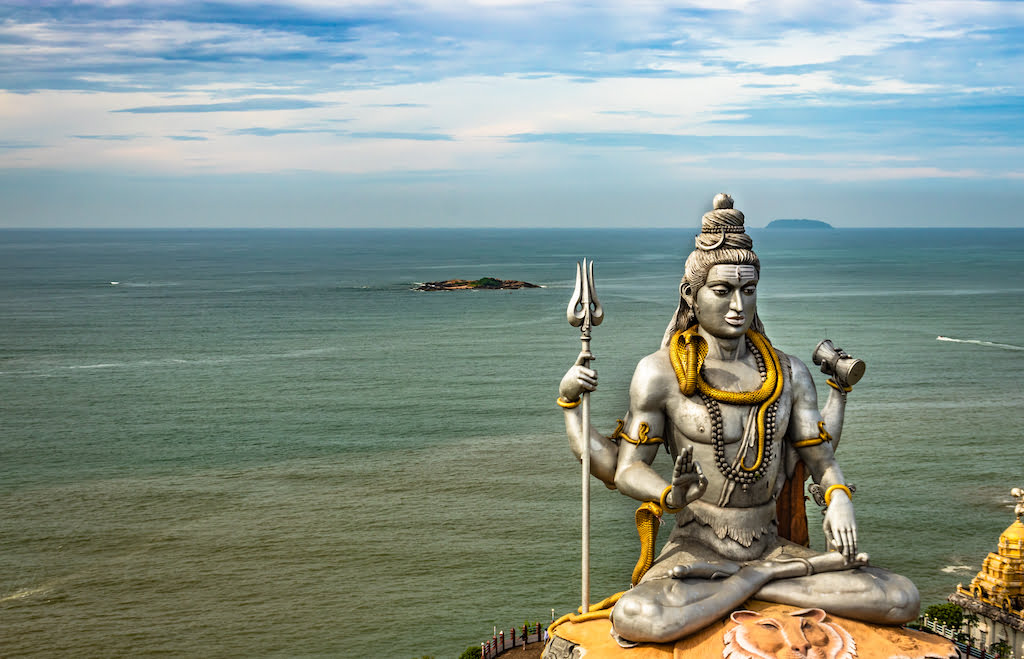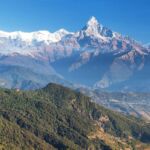Maha Shivaratri, also known as the Great Night of Shiva, is an important Hindu holiday celebrated in many countries worldwide. Each year, millions of people come together to honour and worship Lord Shiva, one of the most important deities of the Hindu pantheon. This holiday is a time to remember Lord Shiva’s many accomplishments and to express gratitude for his divine grace.
Shivaratri is a time of fasting, puja, and celebration in honour of Lord Shiva. People of all ages from all walks of life come together to partake in the festivities of this special night. Even today, the story of Shiva’s power still captivates the imagination and brings people together to celebrate his tremendous strength and greatness.
Who is Shiva?
Shiva is one of the most important and complex of Hindu deities. Hinduism is the primary religion in Nepal, and Shiva is associated with a range of significant spiritual concepts and rituals. He is often depicted as a destroyer, but this is a misnomer in Hindu philosophy as he is seen as the one who brings balance and renewal to Creation.
Shiva is an ancient deity believed to have been around for thousands of years, and his reverence is still strongly practised today. Nepal’s vast collection of temples, artworks, and stories demonstrate his significance in Hinduism. Notably, Kathmandu’s Pashupatinath Temple is entirely dedicated to the God Shiva. He is unmistakable in his appearance, and his presence is highly celebrated within many facets of Nepalese culture.
When is the Maha Shivaratri festival?
Shivaratri is celebrated annually on the 13th night/14th day of the Hindu month, Magh or Falgun, which falls around February or March in the Gregorian calendar. Devotees observe fasts and perform special puja rituals throughout the night in temples and at home. People visit Shiva temples, chant mantras, offer Lord Shiva flowers, milk and water, and seek his blessings. Maha Shivaratri is considered auspicious as it marks the day when Lord Shiva and Parvati married.
What is the significance of the Maha Shivaratri?
The Maha Shivaratri is an important Hindu festival celebrated in reverence of the God Shiva. It is celebrated on the 13th night of the new moon during the Hindu month of Falgun and is one of the most popular Hindu festivals. The festival marks the triumph of good over evil and is exceptionally important in Hindu culture. Shiva is believed to have performed the cosmic dance of destruction on this night and married Parvati, the goddess of fertility and nature. For this reason, Hindu devotees observe a night-long vigil, fast and worship Shiva in temples and at home to seek His divine blessings.
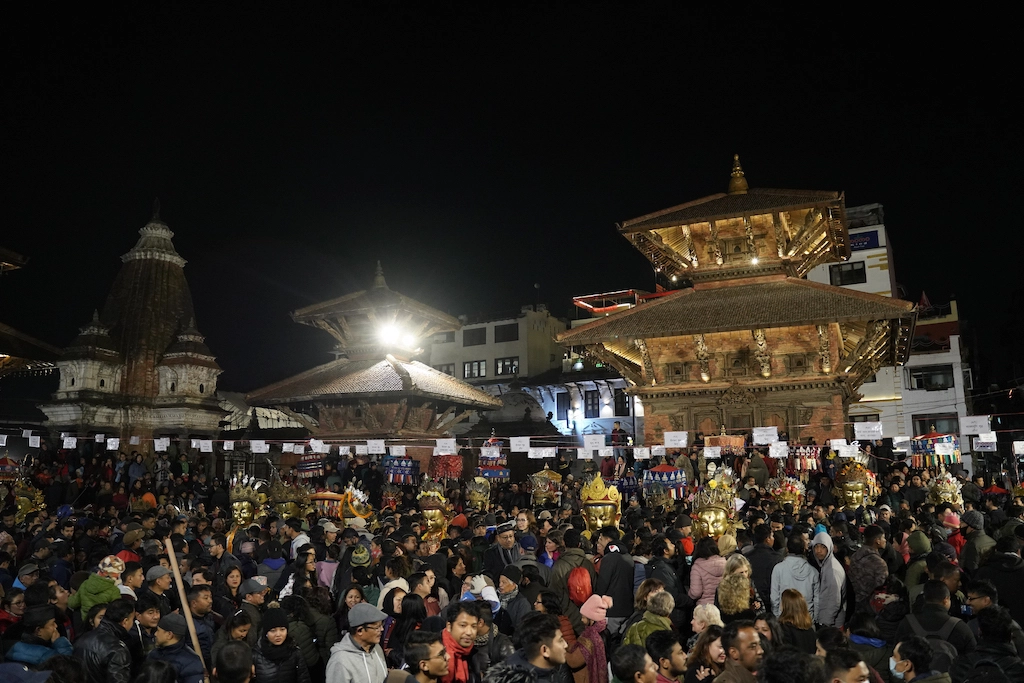
On this day, devotees also perform sacred pujas and abhisheka and listen to devotional songs narrating mythological stories associated with Shiva. Mahashivratri is a festival of significance and is celebrated not only in India but around the world. The festival is believed to bring good faith, enlightenment, and soul purification.
How is Maha Shivaratri celebrated?
Maha Shivaratri is celebrated as one of the most sacred and important festivals in Hinduism. It is celebrated to honour Lord Shiva and is observed by devotees across Nepal with great devotion and fervour. Typically, people keep fasting and night-long vigil, offering prayers and special offerings like milk, honey, and fruits. Devotees also recite spiritual hymns praising Lord Shiva and performing special rituals.
The main celebrations occur in temples, where devotees gather and offer prayers to idols or images of Lord Shiva. Bhajans, aartis and other devotional songs are sung throughout the day and night. Some temples even host cultural programs and plays based on stories of Lord Shiva. At night, devotees stay awake and observe a period of specific worship, singing mantras and stutis for Lord Shiva. Special snacks are usually prepared during the celebrations and distributed to the pilgrims.
Maha Shivaratri culminates with a grand aarti called Maha Shivaratri Aarti, held in the early morning. Many people also take a holy bath in the river Bagmati next to Pashupatinath Temple and go around the temple, chanting prayers and offering flowers and incense. This is where flowers, fruits, honey, butter, etc., are presented to Lord Shiva. People also distribute Prasad to others, mark the occasion, and plant trees as part of the celebrations.
The ritual of Maha Shivaratri marks the day Lord Shiva was married to Goddess Parvati. Some Hindus observe this day as a celebration of the marriage of Lord Shiva and Parvati and offer their prayers and worship to the divine couple. Overall, it is a beautiful occasion and one that is celebrated by devotees with utmost devotion and joy.
Marijuana on Maha Shivaratri
Traditionally, Shivaratri is dedicated to worshipping Lord Shiva, including fasting, feasting, performing special poojas and chanting mantras or stotras devoted to the Lord. As part of the rituals, devotees regularly offer ‘bhang’ or Marijuana to Lord Shiva on this occasion. This particular offering is traced back to a legend that says Lord Shiva loves the drink made of cannabis leaves and was known to enjoy it occasionally. Today, it is seen as a way to honour the powerful destroyer God, and its consumption is considered a blessing by many.
For those who abstain from its consumption, its oil, as well as marijuana leaves, are offered as an offering to Lord Shiva as part of the ceremonies during the festival. However, many prefer not to take part in the consumption of Marijuana on Shivaratri since it is a Mukta or mixed caste festival. This means that people from all religions, castes, and creeds can participate in the event’s associated rituals.
Shivaratri is celebrated throughout Nepal and the world with great vigour and reverence for Lord Shiva. By offering, Marijuana to the Lord, devotees can express their devotion and thank the destroyer god for his grace and power.
The difference in Celebration in Nepal and India
Hindus all over the world celebrate Shivaratri. Nepal and India are the main countries where this evening is highly celebrated. However, the same cause is celebrated somewhat differently in Nepal and India. While the Indians organize pujas (worshipping ceremonies) and jagarans (all-night vigil, songs, and dances in honour of Shiva), things are slightly different in Nepal.
The Nepalese Hindus set up a pile of burnable logs, called Dhuni, along with kindlings and some flammable fuel. Fuel is used to start the fire because it always rains a bit on the day of Shivaratri, and all the logs get wet. At dusk, the woods are set ablaze, used to cook sugarcanes. Yes, raw sugarcane. After the sugarcane is cooked enough, it is banged on the ground.
If you’re lucky enough and have some skill, it should blow up well, like a hand grenade or even louder. With some experience, you can tell when the sugarcane is cooked enough. But despite the difference in celebration, Indian and Nepalese devotees fast on the day of Shivaratri only to break the fast after dusk by eating the holy Prasad of the puja.
Moreover, local communities also set up a fund to prepare food for the night. Conversely, most Hindus believe one must have a drag of weed on this holy evening. They do so because they believe that Lord Shiva was also a smoker.
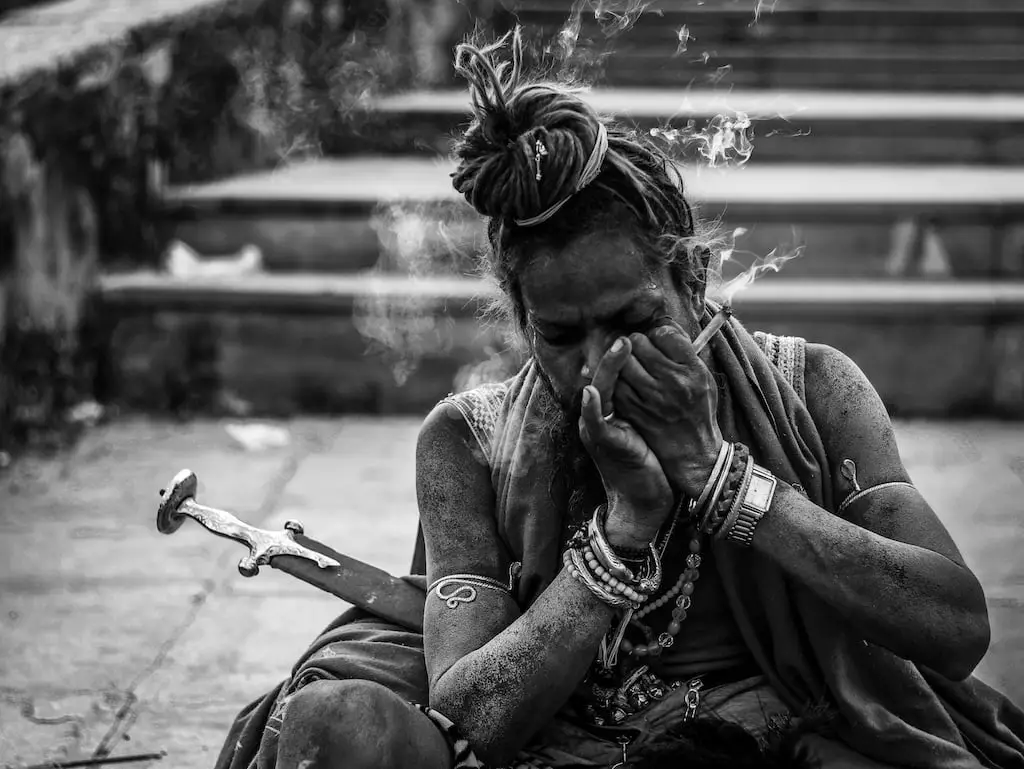
Sadhguru on smoking Weed on Maha Shivaratri
The famous guru of India, Sadhguru, says that Shiva did not use to smoke weed. When asked if Marijuana is the way to enlightenment, he answered, “Whatever we put into our system, it can only ignite something within us; it cannot by itself cause too much to us.” He further stated, “Shiva was not such a cripple that he needed chemicals from outside… he is not using the substance, he is the substance.”
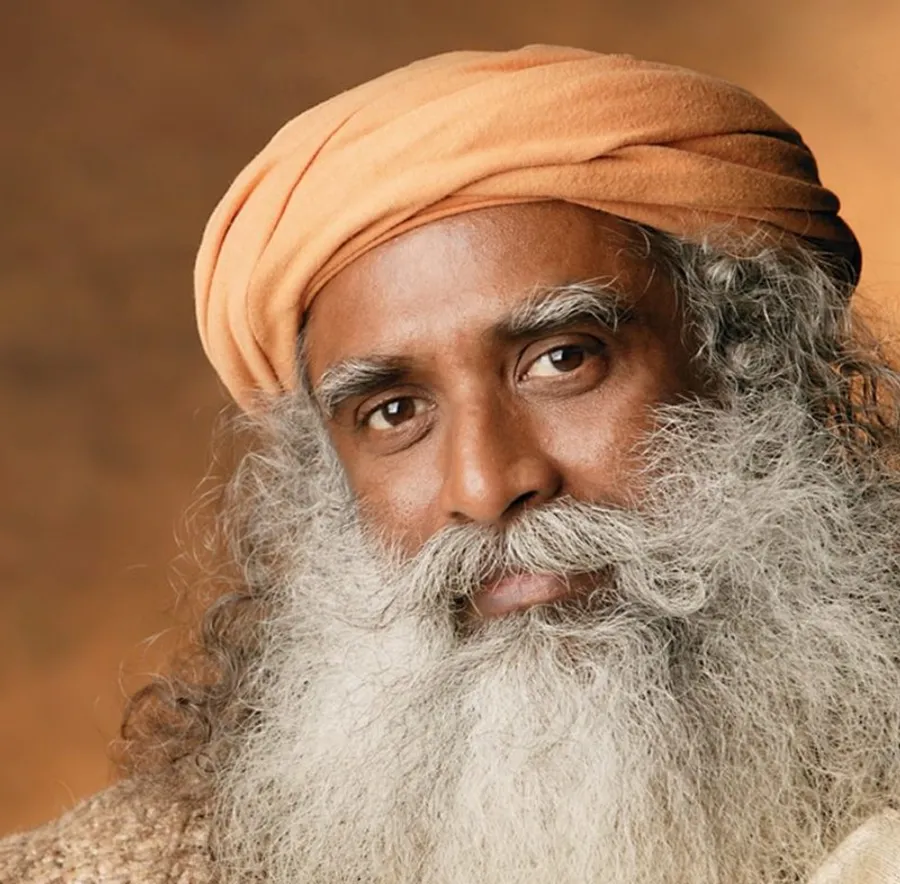
“Shiva was always stoned, no doubt, but not under the influence of something as petty as Marijuana. Even if he did smoke, can you do the other things he did? For those who want to emulate Shiva, sit still for 3 months without moving an inch and then you can get stoned in the name of God.” said Sadhguru.
Conclusion
Maha Shivaratri is an important Hindu holiday celebrated worldwide in honour of Lord Shiva, one of the most important Hindu deities. Shivaratri involves fasting, puja, and celebrating Lord Shiva’s many accomplishments and blessings. Every year, millions worldwide observe this special night of devotion.
